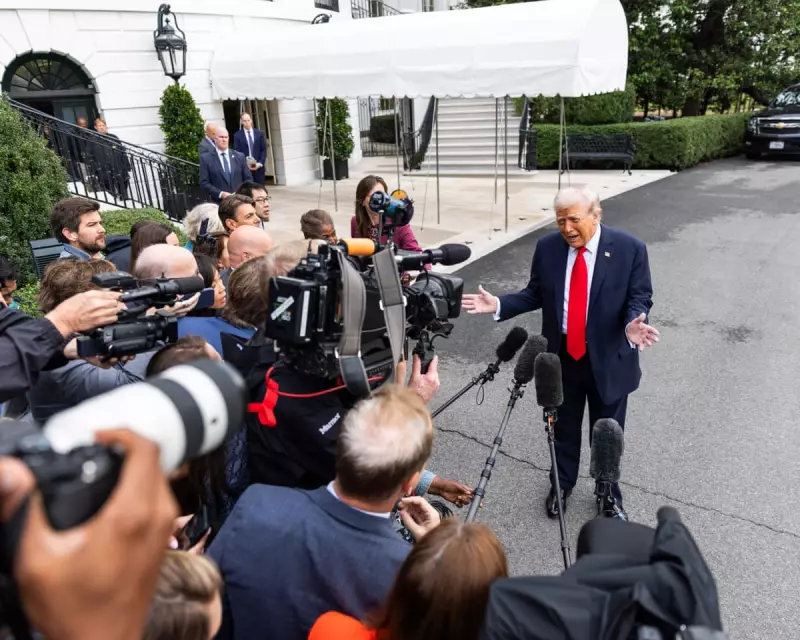
A seismic US court ruling has delivered a stunning rebuke to former President Donald Trump's aggressive trade agenda, striking down his controversial tariffs on foreign steel and aluminium as unconstitutional.
The federal appeals court declared that the Trump administration vastly overstepped its authority by imposing these sweeping import taxes under the guise of national security concerns. This landmark decision effectively dismantles one of Trump's most significant—and contentious—economic policies.
Constitutional Overreach Exposed
The court's scathing judgment found that the administration's use of Section 232 of the 1962 Trade Expansion Act represented a dangerous expansion of executive power. The judges determined that labelling allied nations' metal exports as a "national security threat" was not merely questionable policy but an unconstitutional abuse of authority.
This ruling challenges the very foundation of how presidents can wield trade powers, potentially reshaping US economic policy for generations. Legal experts are calling it one of the most significant checks on presidential trade authority in modern history.
Implications for UK Businesses and Global Trade
For British manufacturers and exporters, the decision could signal welcome relief from costly trade barriers that have strained transatlantic commerce since 2018. The tariffs had particularly impacted the UK's steel industry, forcing many businesses to absorb significant additional costs or seek alternative markets.
Global markets reacted swiftly to the news, with metal prices shifting as traders anticipated increased international metal flow. The ruling also raises questions about the future of other Trump-era trade measures and how subsequent administrations might approach similar protectionist policies.
Political Fallout and What Comes Next
The timing of this decision adds fuel to an already volatile US political landscape. With Trump positioning himself for another presidential run, the court's rejection of his signature trade policy undermines a key pillar of his "America First" economic platform.
Legal analysts suggest the ruling could face appeal to the Supreme Court, setting the stage for an even more consequential constitutional showdown. Meanwhile, trading partners around the world are watching closely, aware that this decision could redefine how the world's largest economy engages in international trade.
The court's firm stance demonstrates that even policies wrapped in national security justification must withstand rigorous constitutional scrutiny—a precedent that will undoubtedly influence future trade disputes and presidential power dynamics.





